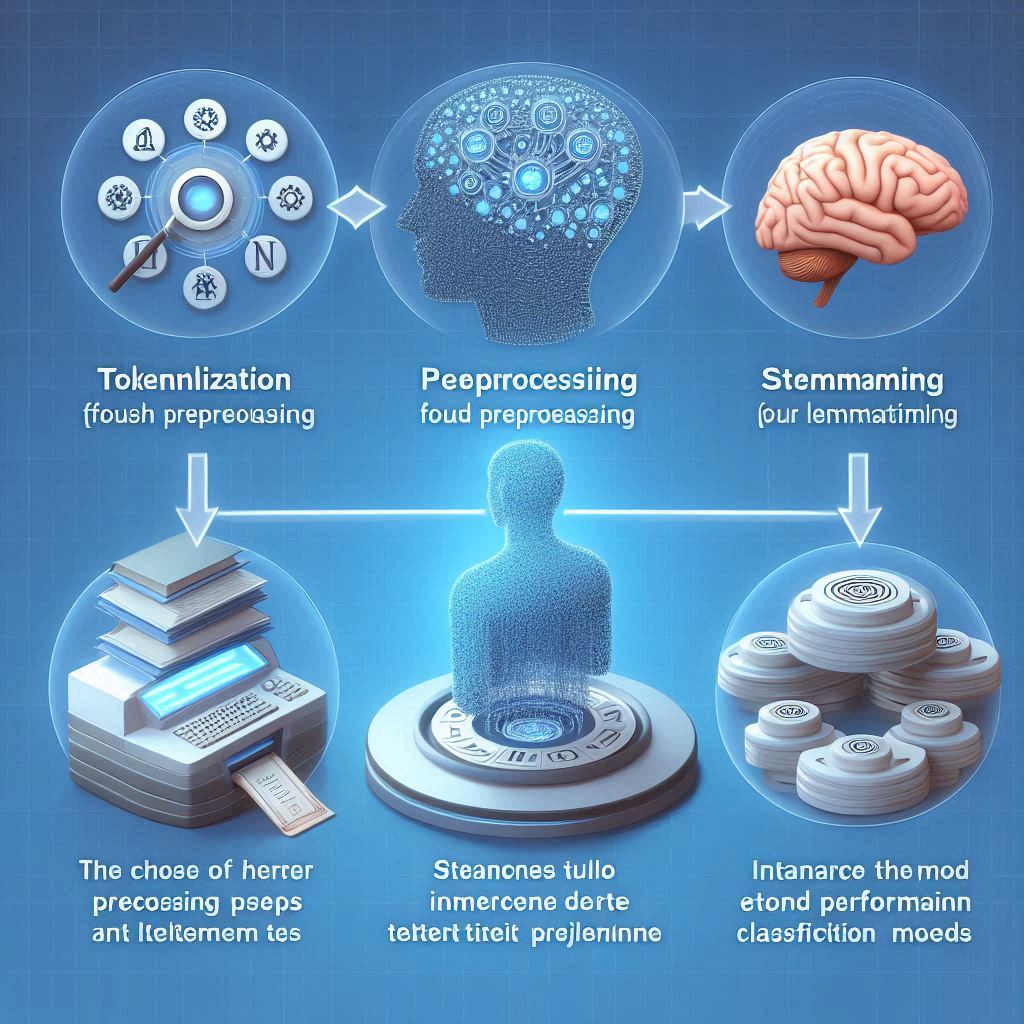GPT-3 and ChatGPT are two of the most groundbreaking technologies to emerge in recent years, and they are set to revolutionize the way we approach content marketing. These artificial intelligence (AI) platforms have the ability to generate human-like text and engage in natural language conversations, making them a powerful tool for businesses looking to improve their content marketing strategies. In this article, we will explore the capabilities of GPT-3 and ChatGPT, their impact on content marketing, and how businesses can integrate them into their marketing strategies.
Understanding GPT-3 and its capabilities
GPT-3, or Generative Pre-trained Transformer 3, is an AI language model developed by OpenAI. It has the ability to generate natural language text that is almost indistinguishable from text written by humans. GPT-3 is trained on a massive dataset of over 570GB of text, making it one of the most powerful language models in existence. It can perform a wide range of tasks, including language translation, writing coherent prose, and even coding.
How GPT-3 is transforming content marketing
GPT-3 is transforming content marketing by enabling businesses to generate high-quality content quickly and efficiently. With GPT-3, businesses can create blog posts, articles, and other types of content in a matter of minutes, freeing up time and resources for other marketing activities. GPT-3 can also generate content in multiple languages, allowing businesses to expand their reach and target new markets.
ChatGPT: The future of conversational marketing
ChatGPT is a conversational AI platform that uses GPT-3 to engage in natural language conversations with customers. It can be used to provide customer support, answer FAQs, and even make sales. ChatGPT is particularly effective for businesses that have a large volume of customer inquiries, as it can handle multiple conversations simultaneously.
Benefits of using GPT-3 and ChatGPT in content marketing
The benefits of using GPT-3 and ChatGPT in content marketing are numerous. These technologies can help businesses generate high-quality content quickly and efficiently, engage with customers in natural language conversations, and improve their overall marketing strategies. They can also help businesses save time and resources, allowing them to focus on other important aspects of their business.
Use cases of GPT-3 and ChatGPT in content marketing
There are many use cases for GPT-3 and ChatGPT in content marketing. Businesses can use GPT-3 to generate blog posts, articles, and other types of content quickly and efficiently. ChatGPT can be used to provide customer support, answer FAQs, and even make sales. These technologies can also be used to create personalized content for individual customers, improving the customer experience and increasing customer loyalty.
Challenges of implementing GPT-3 and ChatGPT in content marketing
There are several challenges associated with implementing GPT-3 and ChatGPT in content marketing. One of the biggest challenges is ensuring that the generated content is of high quality and meets the needs of the target audience. Another challenge is ensuring that the conversational AI is able to understand and respond to customer inquiries accurately and efficiently.
How to integrate GPT-3 and ChatGPT into your content marketing strategy
To integrate GPT-3 and ChatGPT into your content marketing strategy, you will need to identify the areas of your marketing strategy that could benefit from these technologies. You will also need to invest in the necessary software and hardware, and train your staff on how to use these technologies effectively. It is also important to monitor the performance of these technologies and make any necessary adjustments to ensure that they are meeting your business objectives.
Best practices for using GPT-3 and ChatGPT in content marketing
Some best practices for using GPT-3 and ChatGPT in content marketing include ensuring that the generated content is of high quality and meets the needs of the target audience, monitoring the performance of these technologies, and making any necessary adjustments to ensure that they are meeting your business objectives. It is also important to ensure that the conversational AI is able to understand and respond to customer inquiries accurately and efficiently.
The ethical implications of using GPT-3 and ChatGPT in content marketing
There are several ethical implications associated with using GPT-3 and ChatGPT in content marketing. One of the biggest concerns is the potential for these technologies to be used to spread misinformation or manipulate public opinion. It is important for businesses to use these technologies responsibly and ensure that they are not misused for unethical purposes.
In conclusion, GPT-3 and ChatGPT are set to revolutionize the way we approach content marketing. These technologies have the ability to generate high-quality content quickly and efficiently, engage with customers in natural language conversations, and improve overall marketing strategies. While there are challenges associated with implementing these technologies, businesses that are able to successfully integrate them into their marketing strategies stand to gain a significant competitive advantage in the marketplace. As GPT-3 and ChatGPT continue to evolve, it will be interesting to see how businesses will use these technologies to drive innovation and growth in the content marketing industry.












